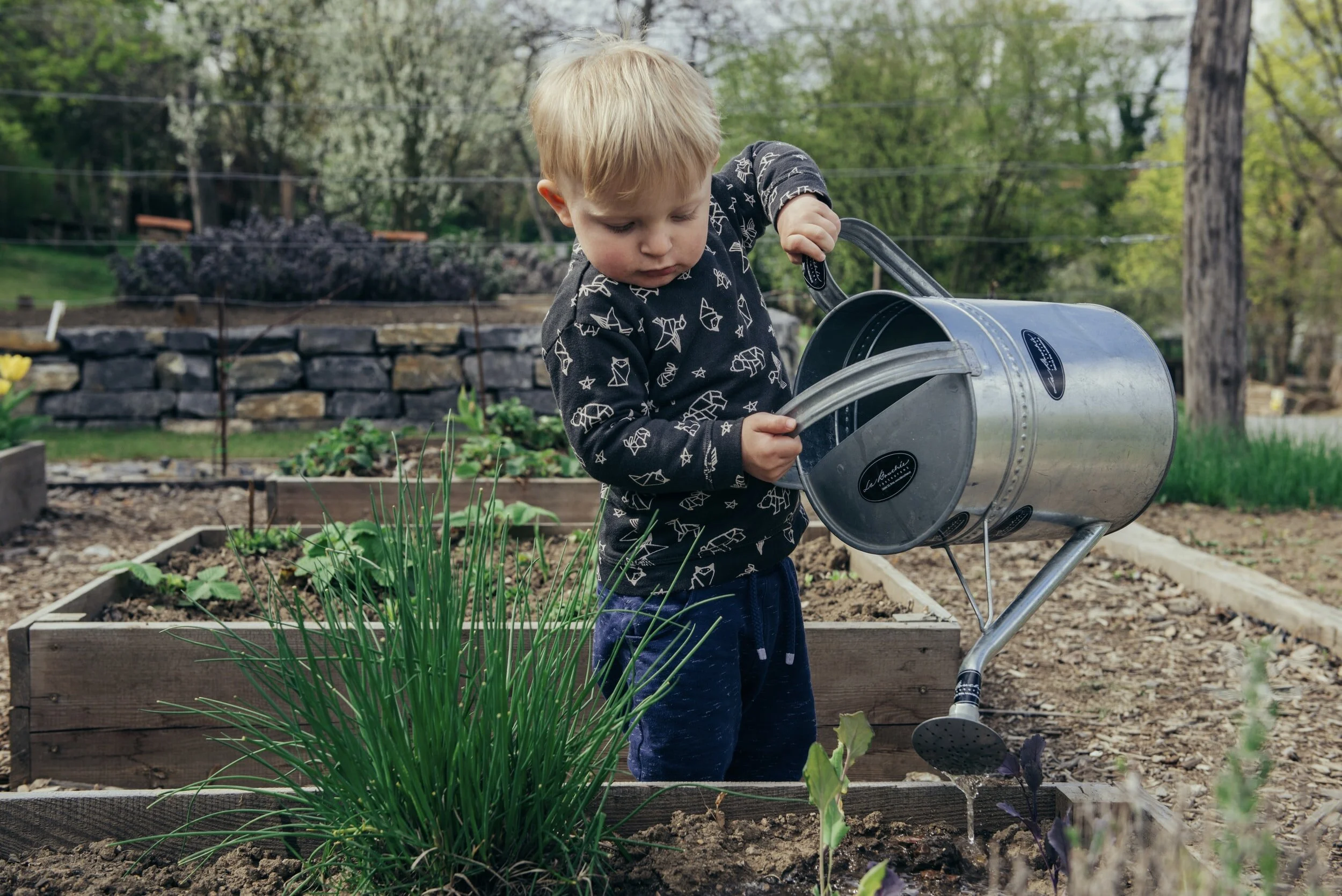
Our Promise: Inspiring Growth Where Your Child is Planted
As neurodiversity-affirming therapy providers, our therapy aims to inspire growth for the children and families we serve through the use of strength-based approaches and purposeful play techniques. We also believe that mutual relationships of trust and compassion are the foundation for effective therapeutic intervention and promote the achievement of developmental goals and milestones. These facilitative relationships, strengths-based approaches, and play-based techniques are not only fun for children, but they are also rooted in science and have been proven to nurture long-term and functional changes in the abilities of all children.
Occupational Therapy.
Pediatric occupational therapists help all children—regardless of their injury, disability, or diagnosis—to do the things they want and need to do through the therapeutic use of daily activities (known as “occupations”). Play is the primary "job" or "occupation" of children throughout development. Play is how children learn and how they develop valuable life skills such as physical coordination, emotional maturity, social skills, and the self-confidence to try new experiences and explore new environments.
Pediatric occupational therapists use play to help children participate fully in school, social situations, and family life so that they can live life more independently. Pediatric occupational therapists are unique in that they use a holistic perspective to focus not only on the individual child, but the aspects of the child’s environment that impact their performance and participation.
Specialty areas include: Sensory processing skills • Behavioral regulation • Fine motor coordination • Handwriting skills • Gross motor coordination • Strength and balance • Social and cognitive skills • Daily living skills • Self-feeding skills • Assistive technology use • Orthoses management • Caregiver education and training • Patient advocacy.
When To Seek a Referral for Occupational Therapy.
Download our helpful resource below to see some of the common reasons children are referred for an occupational therapy evaluation. Please note that while every child may struggle with one or more of these areas, an occupational therapy referral is warranted if these problem areas significantly impact a child’s independence in the home, school, community, or play.
Physical Therapy.
Pediatric physical therapists, like occupational therapists, work with children and their families to assist each child in reaching their maximum potential to function independently and to promote active participation in the home, school, and community environments. Physical therapists are unique in that they have expertise in movement, motor development, and body function (e.g., strength and endurance). They apply clinical reasoning during examination, evaluation, diagnosis, and intervention for children, youth, and young adults. As primary health care providers, PTs also promote health and wellness as they implement a wide variety of supports in collaboration with families, communities, and other medical, educational, developmental, and rehabilitation specialists.
Specialty areas: Developmental activities • Movement and mobility • Strengthening • Motor learning • Balance and coordination • Recreation, play, and leisure • Daily care activities and routines • Equipment design, fabrication, and fitting • Tone management • Assistive technology • Posture, positioning, and lifting • Orthotics and prosthetics • Burn and wound care • Cardiopulmonary endurance • Pain management.
When To Seek a Referral for Physical Therapy.
Download our helpful resource below to see some of the common reasons children are referred for a physical therapy evaluation. Please note that while every child may struggle with one or more of these areas, a physical therapy referral is warranted if these problem areas significantly impact a child’s independence in the home, school, community, or play.




